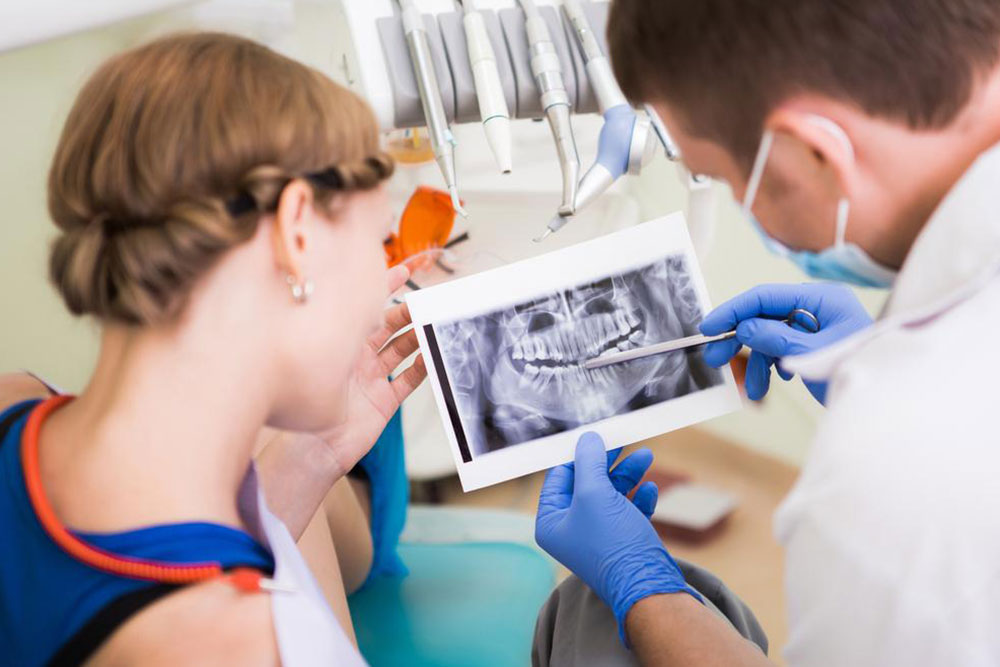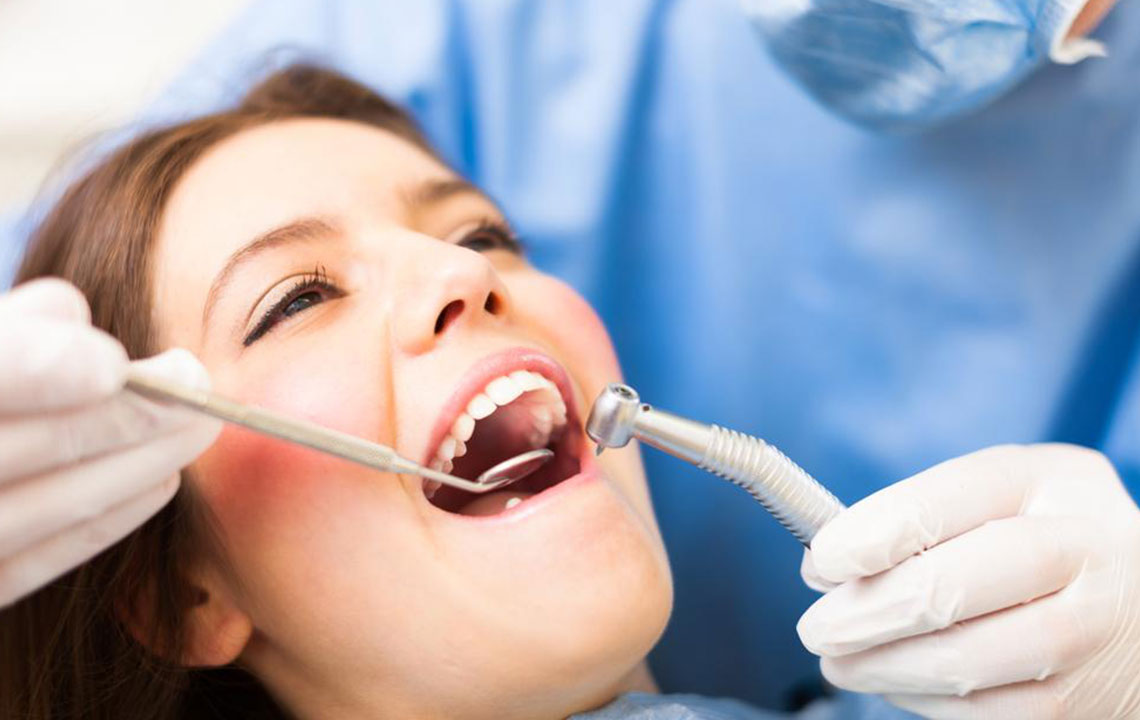Recognizing Early Signs of Oral Cancer
Early detection of mouth cancer is crucial for successful treatment. Signs such as persistent mouth ulcers, unexplained pain, abnormal patches, difficulty swallowing, voice changes, and swollen neck lymph nodes should not be ignored. Consulting a healthcare professional promptly can lead to early diagnosis, improving treatment outcomes and reducing serious complications. Regular oral health checks are recommended for early identification of any abnormal signs, ensuring timely intervention for better prognosis.
Recognizing Early Signs of Oral Cancer
Persistent mouth ulcers, often resembling canker sores, that linger beyond two weeks can be an indication of oral cancer. These sores may develop anywhere inside the mouth and extend to the throat area. If standard treatments do not alleviate them, it’s crucial to seek medical advice promptly. Oral cancer commonly originates in the flat squamous cells lining the lips and oral cavity, resulting from genetic mutations that cause uncontrolled cell growth. Early detection is vital for effective treatment and better prognosis.
Mutated cells grow uncontrollably, forming tumors that can spread to the tongue, gums, cheeks, and the back of the throat.
Persistent Mouth Sores
Unexplained Bad Breath
Unusual Pain in the Jaw or Ear
White or Red Patches in the Mouth
Difficulty in Chewing or Swallowing
Voice Changes or Hoarseness
Swollen Lymph Nodes in the Neck
Lumps or Numbness in the Mouth
Sustained Sore Throat
Other Signs: Teeth loosening without injury, ear pain, thickened lips or cheeks, difficulty moving the jaw, or unexplained bleeding are potential warning signs. If these symptoms persist beyond two weeks, consulting a healthcare professional is essential. Early diagnosis greatly improves treatment success rates and reduces complications. Avoid delaying medical evaluation and prioritize regular oral health check-ups to detect any issues early.










